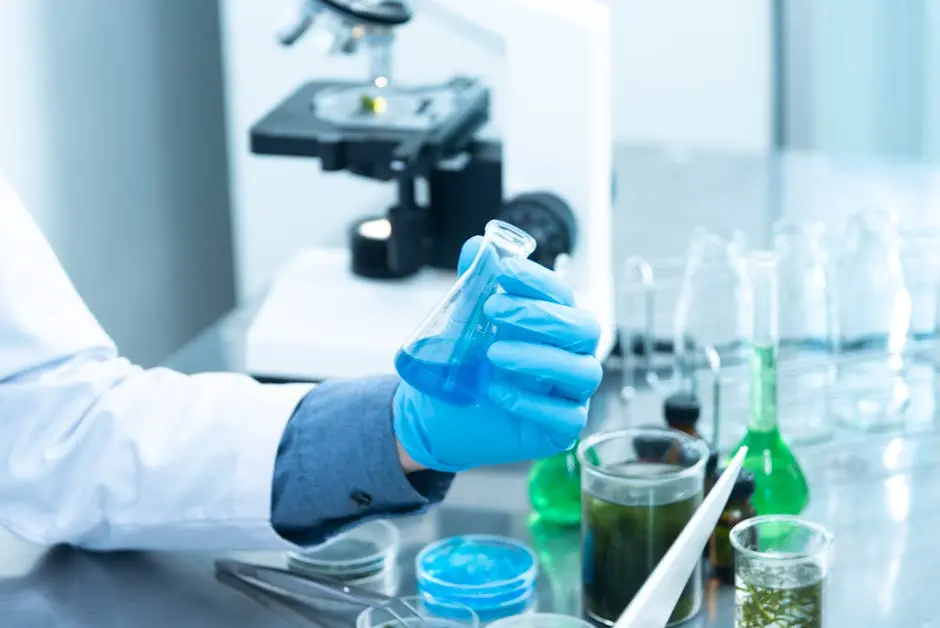In recent years, food DNA tests have surged in popularity as many people seek personalized solutions to their health and wellness challenges. Understanding what your body specifically needs can transform your approach to nutrition, leading to more tailored, effective dietary choices. But how exactly do these tests work, and what should you expect from this technology?
Understanding Food DNA Tests
Food DNA tests analyze your genetic makeup to assess how your body may respond to certain nutrients in food. By examining specific genetic markers, these tests can provide insights into your metabolic tendencies, food sensitivities, and potential dietary reactions.
Delving deeper, these tests involve collecting a sample of your saliva or a cheek swab, which is then analyzed in a lab. The lab looks for genetic variations known as single nucleotide polymorphisms (SNPs) that can influence how your body processes different foods. For example, a specific SNP might indicate a predisposition towards lactose intolerance or a slower metabolism of sugars. This information helps tailor dietary advice that can better suit your body’s unique needs.
Moreover, understanding your genetic blueprint in relation to food can empower you to make more informed dietary choices. According to studies, individuals who are aware of their genetic predispositions are likely to make healthier lifestyle choices. Such insights can be particularly helpful for those looking to manage weight, boost energy levels, or prevent potential health issues.
The Science Behind Personalized Nutrition
Personalized nutrition combines the results of DNA tests with comprehensive dietary guidelines to create customized nutrition plans. The science focuses on the interaction between genes and nutrients, helping to tailor dietary recommendations that align with your unique genetic profile.
At the core of personalized nutrition is nutrigenomics, an emerging field that studies how our genes interact with the foods we eat. This research is essential for understanding why some diets work better for certain individuals while others might not see the same benefits. By targeting the specific needs revealed by genetic testing, it becomes possible to optimize nutrient intake and, consequently, improve overall wellness.
Interestingly, this approach not only focuses on the food you should eat but also on what you might need to avoid. Personalized nutrition can guide you to eliminate or reduce intake of foods that might trigger negative reactions due to your genetic predispositions. For instance, someone with a genetic marker showing sensitivity to gluten can be advised to minimize gluten intake, leading to improved digestive health.
Benefits of a Tailored Nutritional Plan
A personalized nutritional plan can lead to optimized health outcomes, such as improved digestion and enhanced energy levels. By targeting specific dietary needs, individuals can potentially reduce risk factors for chronic diseases and achieve better overall health.
Besides optimizing your health, tailored nutrition plans offer the advantage of enhancing personal satisfaction and adherence. When a diet aligns with your genetic predisposition, it often results in quicker, more noticeable results, which can be a powerful motivator to stay on track. This sense of alignment can make the entire dietary experience more enjoyable and less of a chore.
Moreover, such plans can be incredibly beneficial in managing specific health conditions. For instance, genetic insights can inform you about your body’s propensity for conditions like high cholesterol or diabetes. Armed with this knowledge, you can proactively adjust your diet to mitigate these risks, potentially staving off future health complications and fostering a stronger, healthier body.
Limitations and Considerations
While promising, food DNA tests come with certain limitations. The science is still evolving, and the effectiveness of these tests can vary. It’s important to consider these tests as one part of a broader health strategy rather than a standalone solution.
One major consideration is the rapidly changing nature of genetic research. Each year, new genetic markers that influence dietary needs are discovered, which can alter the recommendations provided by a food DNA test. This underscores the need for continuous learning and updating of both dietary advice and our understanding of human genetics.
Furthermore, while genetics play a significant role, they are not the sole determinants of nutritional needs. Lifestyle factors such as physical activity levels, existing medical conditions, and environmental influences all interact with genetic predispositions. Hence, it’s crucial to adopt a holistic approach to nutrition that considers all these facets, possibly in consultation with healthcare professionals.
The Future of Food DNA Tests in Personalized Nutrition
Personalized nutrition through food DNA testing opens an exciting chapter in the world of health and wellness. While it’s not without challenges and ongoing questions, the promise of a diet specifically tailored to your genetic makeup holds significant appeal. For those intrigued by the personalization of dietary planning, these tests offer a fascinating insight into linking genetics and nutrition.





